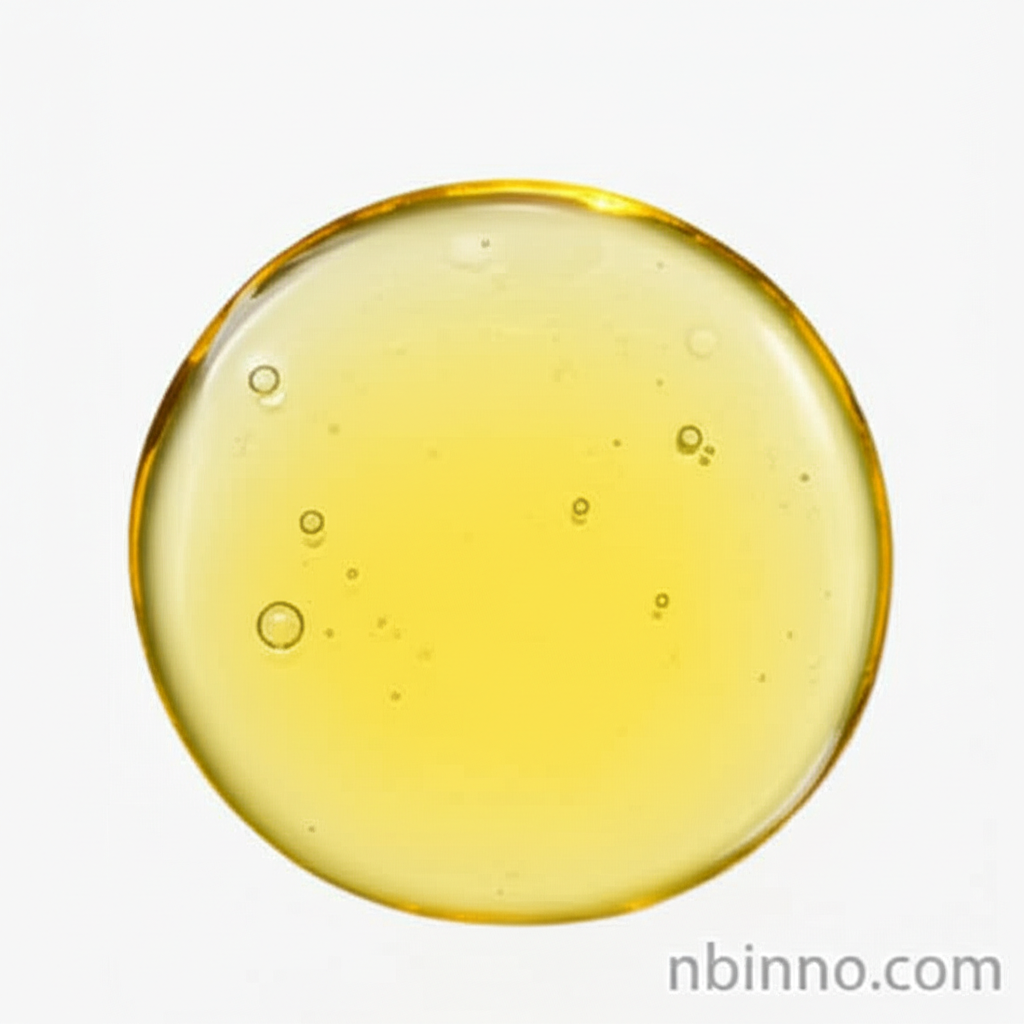Alpha-Linolenic Acid: Your Essential Omega-3 Source
Discover the vital role of this essential fatty acid in health and industry.
Get a Quote & SampleUnlocking the Power of Alpha-Linolenic Acid

Alpha-Linolenic Acid
Alpha-Linolenic Acid (ALA) is a vital omega-3 fatty acid essential for human well-being and a key component in numerous industrial applications. As a precursor to EPA and DHA, it plays a significant role in cellular health and systemic functions.
- Explore the alpha-linolenic acid health benefits, including its positive impact on cardiovascular health and inflammatory responses.
- Understand the critical ALA conversion to EPA DHA pathways within the body and their importance for cognitive and visual function.
- Learn about the diverse alpha-linolenic acid industrial uses, from cosmetic formulations to advanced material science applications.
- Discover the best plant-based omega-3 sources for optimal intake, emphasizing their nutritional superiority and sustainability.
Key Benefits and Applications of ALA
Cardiovascular Support
Leverage the power of alpha-linolenic acid for cardiovascular health, contributing to lower blood pressure and reduced risk of heart disease.
Skin Health and Cosmetics
Incorporate ALA in cosmetic preparations for its emollient and skin-conditioning properties, promoting healthier, more radiant skin.
Industrial Versatility
Benefit from the wide range of alpha-linolenic acid industrial uses, including its application as a finishing agent, lubricant additive, and in paints and coatings.
Prominent Application Areas
Nutraceuticals & Dietary Supplements
Integrate ALA as a key component in nutraceuticals and dietary supplements to support overall health, drawing on extensive research into walnut oil omega-3 benefits.
Cosmetics and Personal Care
Utilize ALA in cosmetic formulations for its moisturizing and anti-inflammatory properties, enhancing the efficacy of skincare and haircare products.
Paints and Coatings Industry
Explore the use of ALA derivatives in the paints and coatings industry due to their drying and film-forming properties.
Lubricants and Additives
Investigate the application of ALA in lubricant formulations and as additives, capitalizing on its chemical properties for industrial performance.
